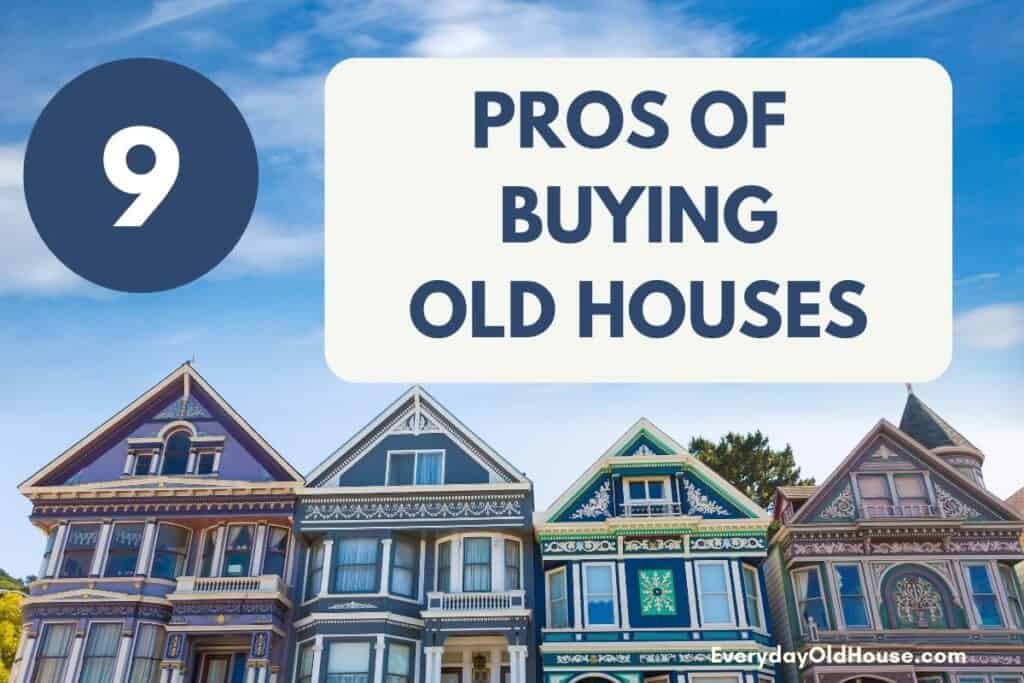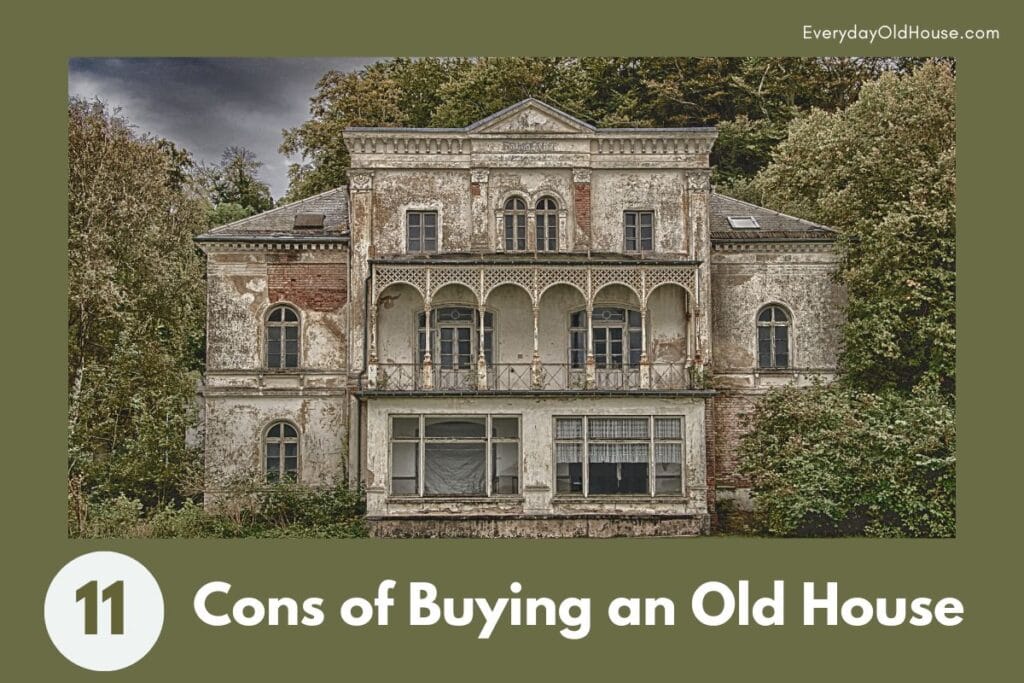I live outside of Boston, Massachusetts where the real estate market is always hot. Potential buyers come out guns a-blazing, with offers over asking price, waiving home inspections on 100+ year old homes, and writing personal letters to the sellers to plead their case on why they should be the chosen ones. House hunting and real estate is always a topic of conversation in my circles.
So when I noticed the The Wall Street Journal sitting on my boss’s desk with the front page headline “Homeownership Rate Rose in 2017 for First Time Since 2004“, I was intrigued.
While the increase is not statistically significant, its the first increase in homeownership rate in 13 years. And it may foreshadow a long-awaited bounce in the real estate market. This increase was driven by a growing segment of new buyers – the millennial generation (approximate ages of 18-35).
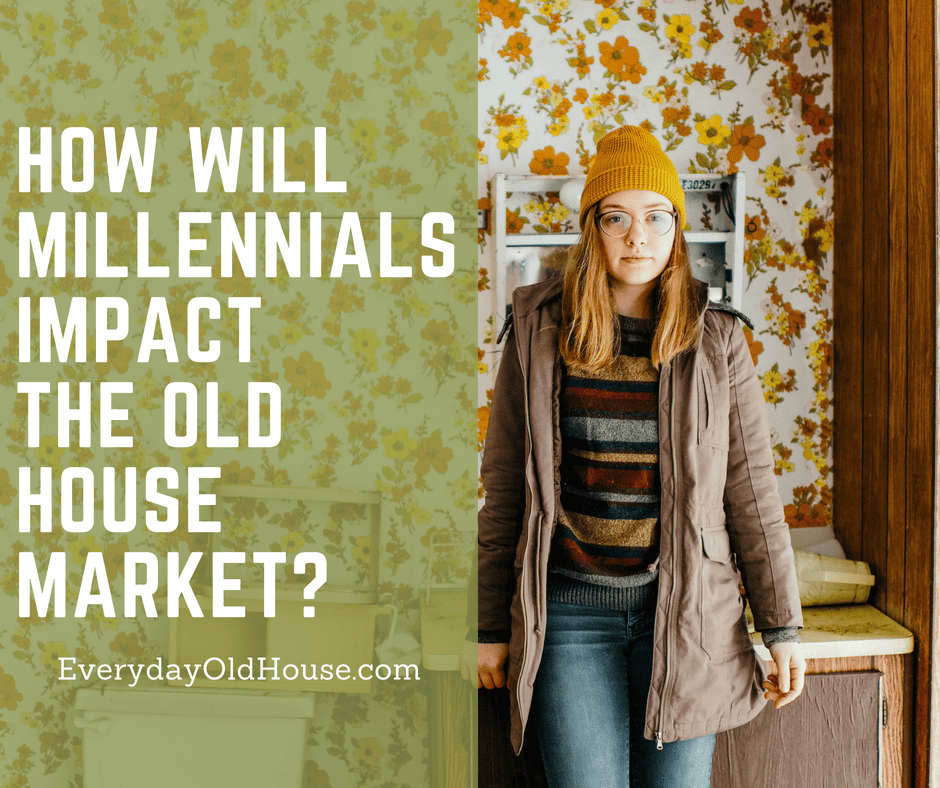
In a similar article, Bloomberg reported that millennials are moving out of parent’s basements (or overpriced rental apartments) and overcoming rising homeownership prices, tight supply and strict lending conditions to purchase their first homes.
But it should be noted that while millennials are a growing segment of buyers, they represent a small portion of overall homeowners. In their analysis of millennial buying trends, Haven Life Insurance notes that millennials own less than 10% of the approximately 75 million owner-occupied housing units across the U.S. So while growing, this generation is well behind the others in homeownership rates.
As an aside, check out Haven Life’s interesting analysis of millennial homeownership rates by major cities. Millennials are not buying houses in cities where you think they are. Large cities with significant numbers of millennial have the lowest millennial homeownership rates.
I’m a member of Generation X. How old am I? Let’s say I’m a bit gray, but not enough to actually dye my hair yet….
I struggle a bit with the stereotypes of millennials. Stereotypes of entitlement, of expecting perfection, ease and convenience. Characteristics not commonly associated with older homes.
And I love older houses. So I had to wonder while reading the Wall Street Journal article:
- If these stereotypes are true, would this population solely focus on lower maintenance, newer homes?
- How does this generation perceive older homes?
- Will they appreciate and embrace the vintage home’s quirks, charms and character?
- And if they don’t a, would that lead to a trail of old houses left vacant?
- Would this lead to a rise of abandoned old homes, left to rot and decay?
In other words, my burning question was:
How will millennials impact the inventory of old houses on the market?
How was I going to answer that question? By answering two questions:
- What do millennials want in their house? Do the desired characteristics match older houses?
- What are millennials actually buying? What is the age of their houses?
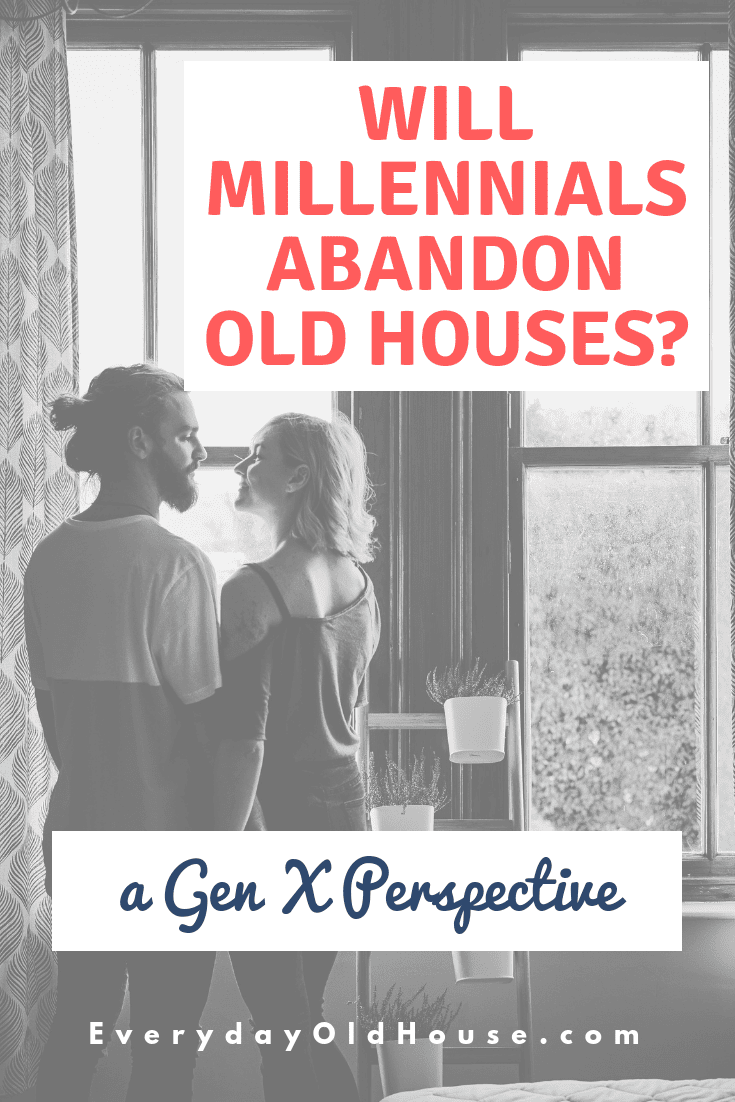
What Houses Do Millennials Want?
My background is a combination of engineering and financial services. It’s safe to say I am a numbers-driven kind of gal. So I asked myself – is there data that captures what millennials desire from their first homes? How about their thoughts on buying older homes? And, rest assured, of course there was data…
- The top of millennials’ wish lists are updated kitchens and bathrooms, green features like solar panels, open floor plans, and a home office. (Inc.com)
- Almost 50% of this generation would rather buy a brand new house to avoid any maintenance issues. (Inc.com)
- Millennials would prefer to live in an old neighborhood with historic character versus a new one with modern amenities (44% to 31%). But they would rather live in a new home with modern amenities than in an older home (41% to 34%) (National Trust for Historical Preservation)
This data was a bit disconcerting. Millennials acknowledge and appreciate historic neighborhoods, but just not in their own space, which supports this generation’s stereotype.
This lead me to dig deeper and ask – sure they want everything under the moon, but what types of homes are they ultimately buying? Are millennials getting what they want?
What Houses Are Millennials Buying?
The National Association of REALTORS Homeowner Buyer and Seller Annual Trends Report answers this exact very question. This report provides insights into the differences and similarities across generations of home buyers and home sellers. According to this 2017 report (Table 2-12 or page 44 of 145):
- Millennials (defined as under age 36) bought the oldest median year of compared to any other of the other 6 age groups. True the median age for millennials was 1984 (not exactly “old house”status, BUT it proves the point is millennials are buying the oldest houses on the market.
- Millennials bough much older houses (i.e. constructed between 1913 and 1960) at a rate 2x that of any other group.
Based on this report, millennials are buying the older housing stock, and in fact, the main consumer!
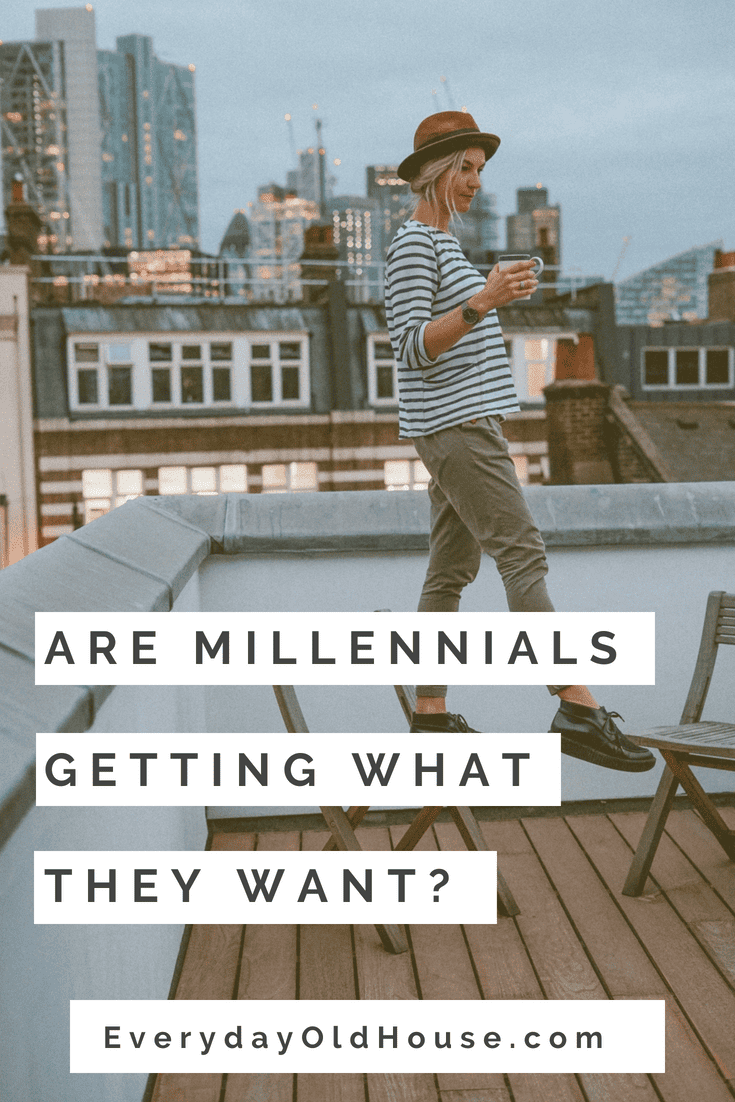
What Does This Mean?
So what does this all mean? It means a mis-match between what millennials want and what they are actually getting.
When house-shopping, millennials strive for new and modern housing. However when push comes to shove, this generation are buying older homes AND at higher rates than any other generation.
And others have noticed this trend too. Home improvement markets have taken notice of the millennials’ buying power. They appear to be tailoring their marketing strategies towards this younger generation. For example, This Old House – THE media icon for old home improvement with an older fan base – launched the millennial-focused website House One in February 2018. And Lowe’s recently rebranded with a humorous “Make Your Home Happy” to broaden its appeal to millennials.
And honestly, the mis-match makes sense. When my husband and I first started searching for our first house, our wishlist was a bit far-reaching. We envisioned our first home with air-conditioning, walk-in closets and a pool. But we quickly discovered these amenities were well outside of our budget for the Boston suburbs. Ultimately we bought a century-old fixer-upper with tiny closets and a backyard that couldn’t fit a pool even if affordable.
So exactly what is happening with millennials is the exact same things that happened with my generation. So this Gen Xer isn’t as concerned anymore.
In fact, I’m actually more encouraged. Homeownership rate is up. The group driving that increase wants modern-home conveniences, but ultimately they are purchasing old homes. Fast forward five years later and I have fallen in love with my house – its charm, its quirks, and its history. And if history is apt to repeat itself, we might have a future generation that will fall in love with old houses.
What are your thoughts? Are you a millennial who just bought a house – what was your experience? Disagree with my thoughts? Get the dialogue started in the comments section below.
Moving into a new house? Download my free Move-in Cleaning Checklist to get that house sparkling before you move your stuff into your new house and make it your home!
Photo by Sam Manns and Toa Heftiba on Unsplash
